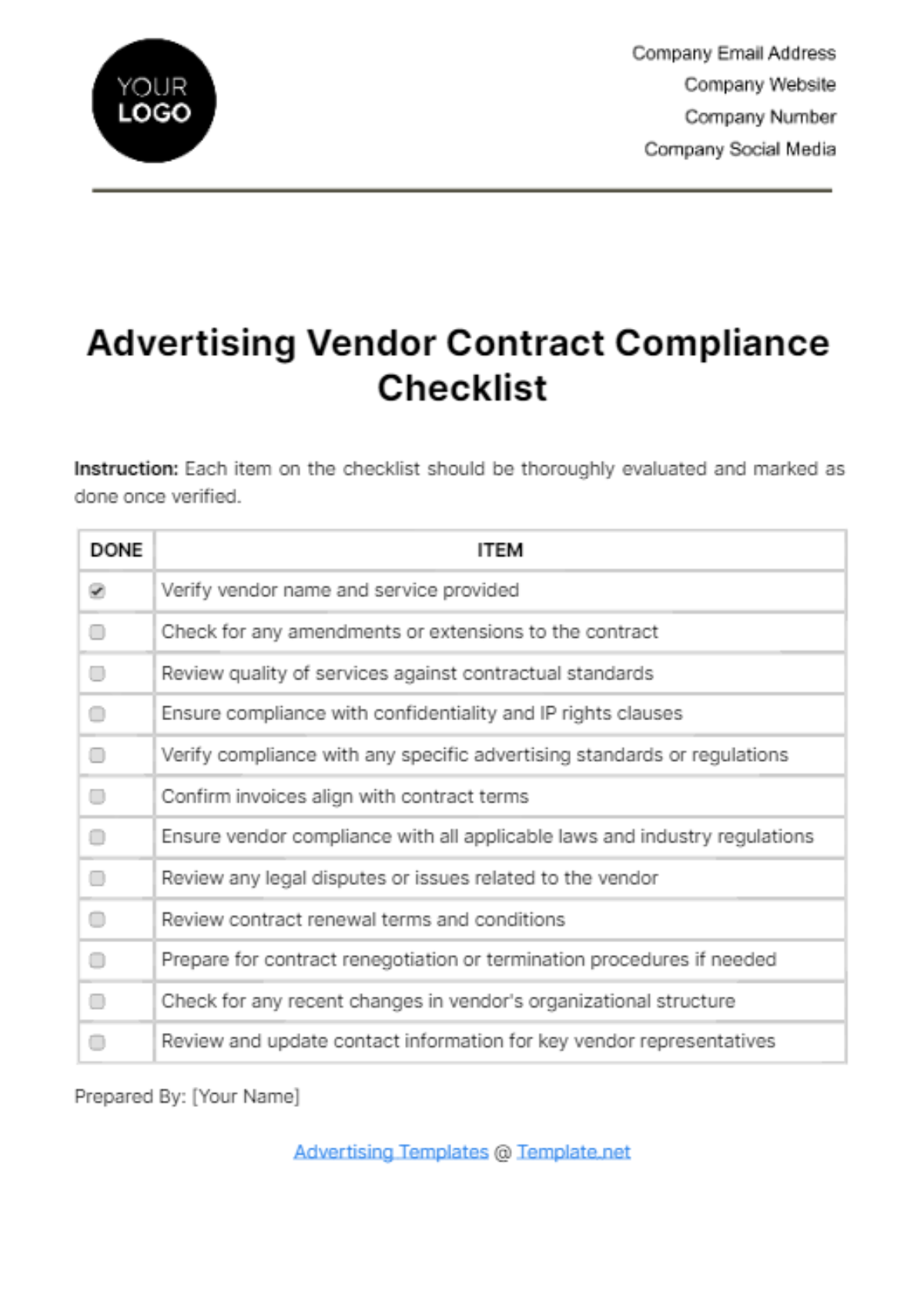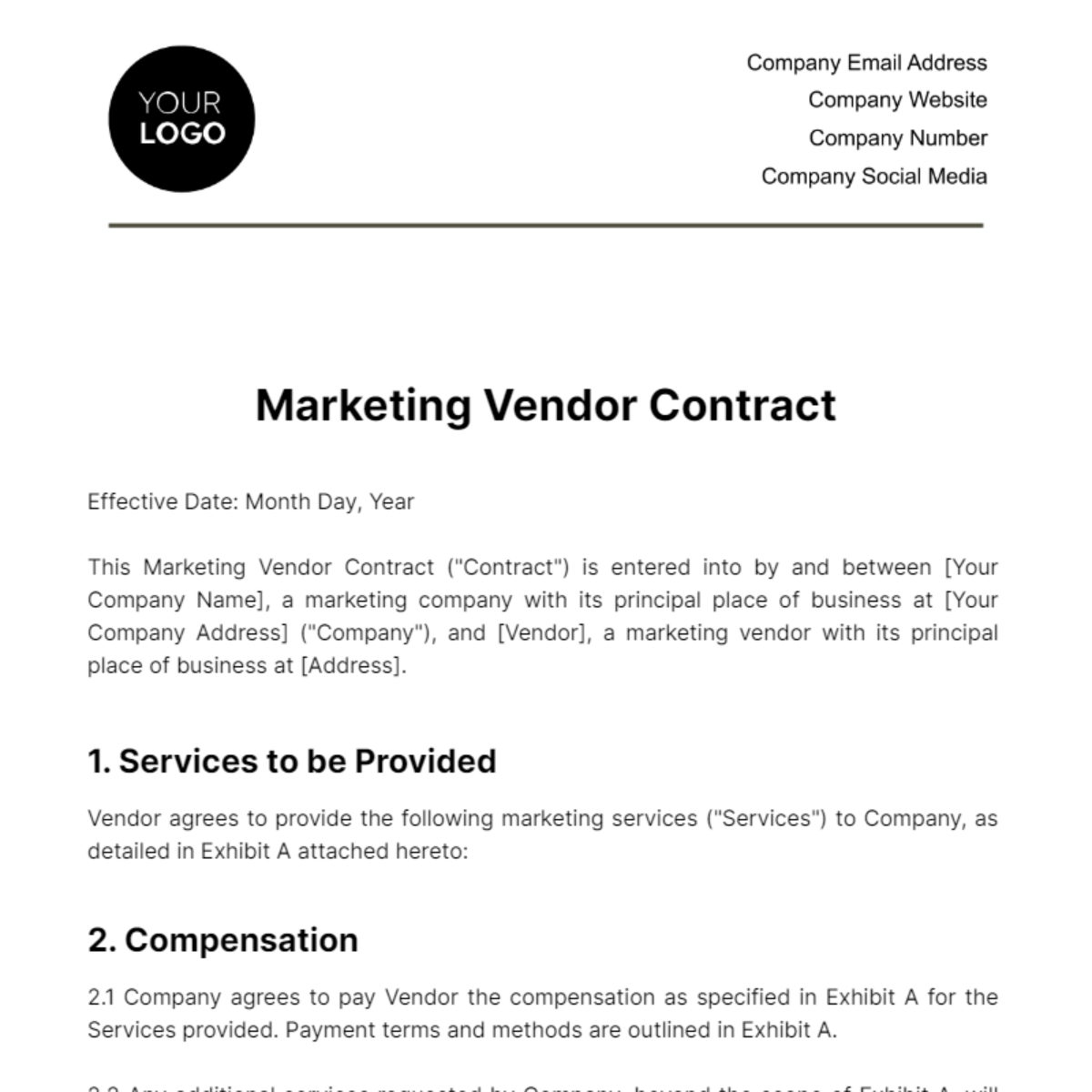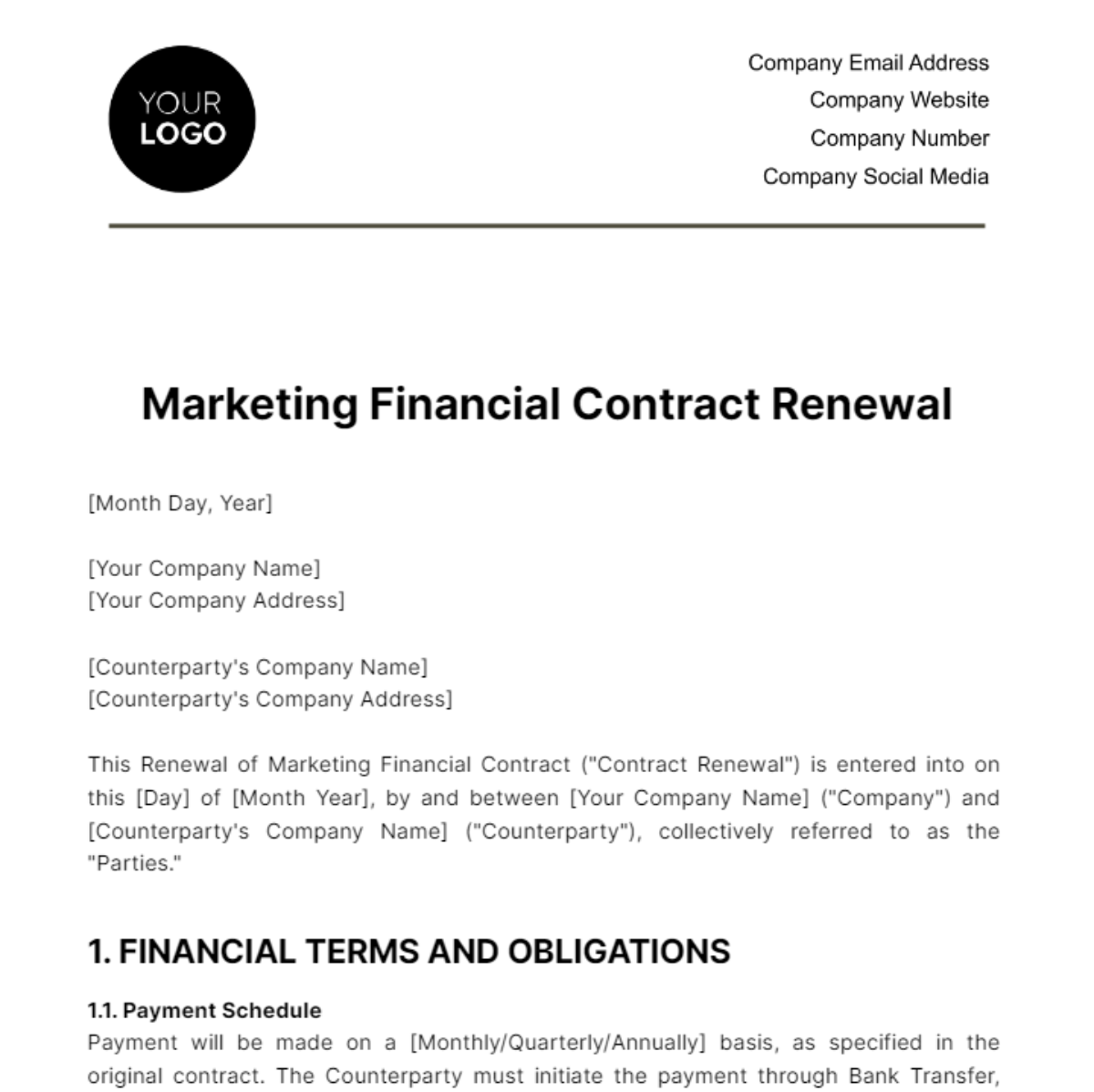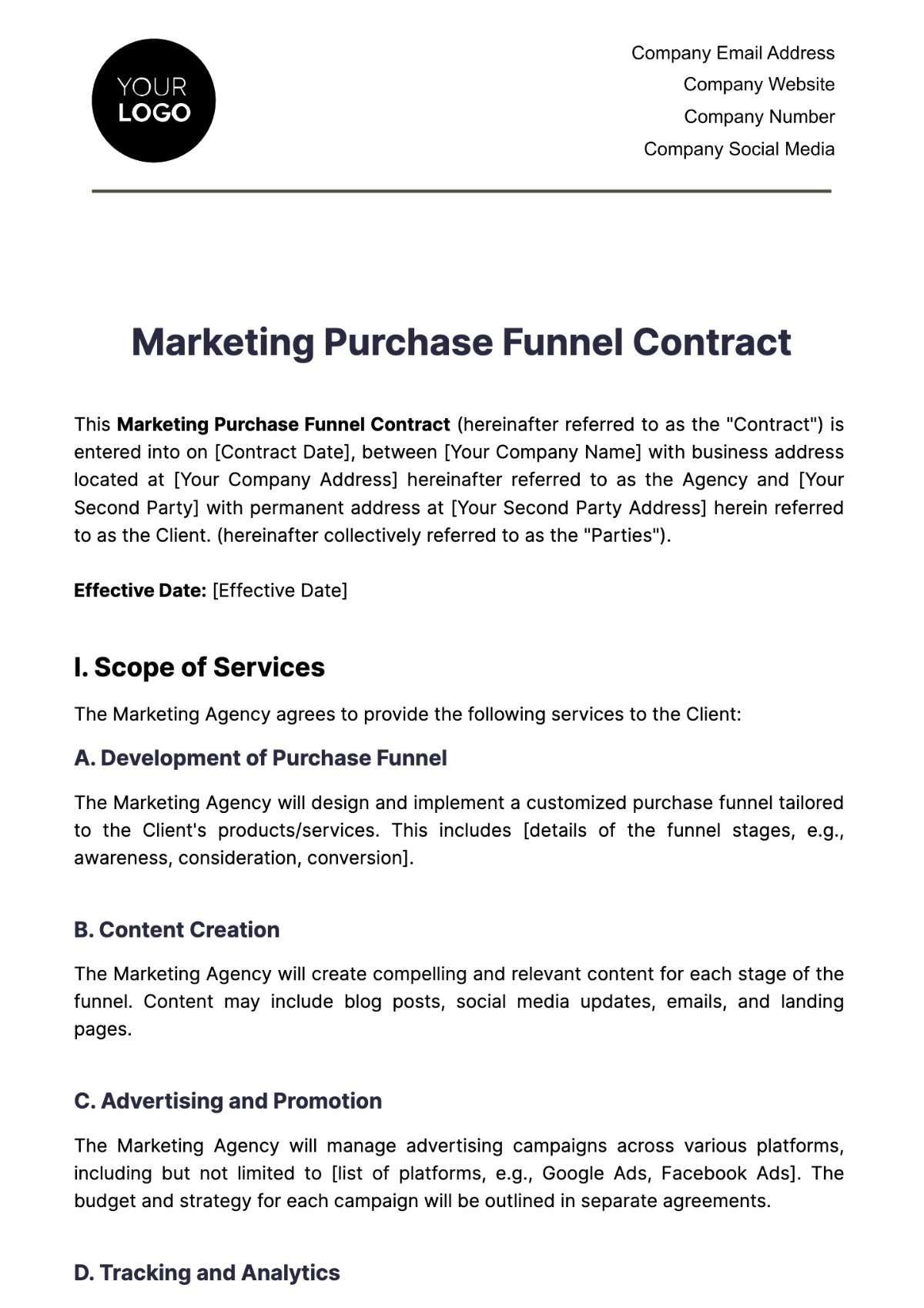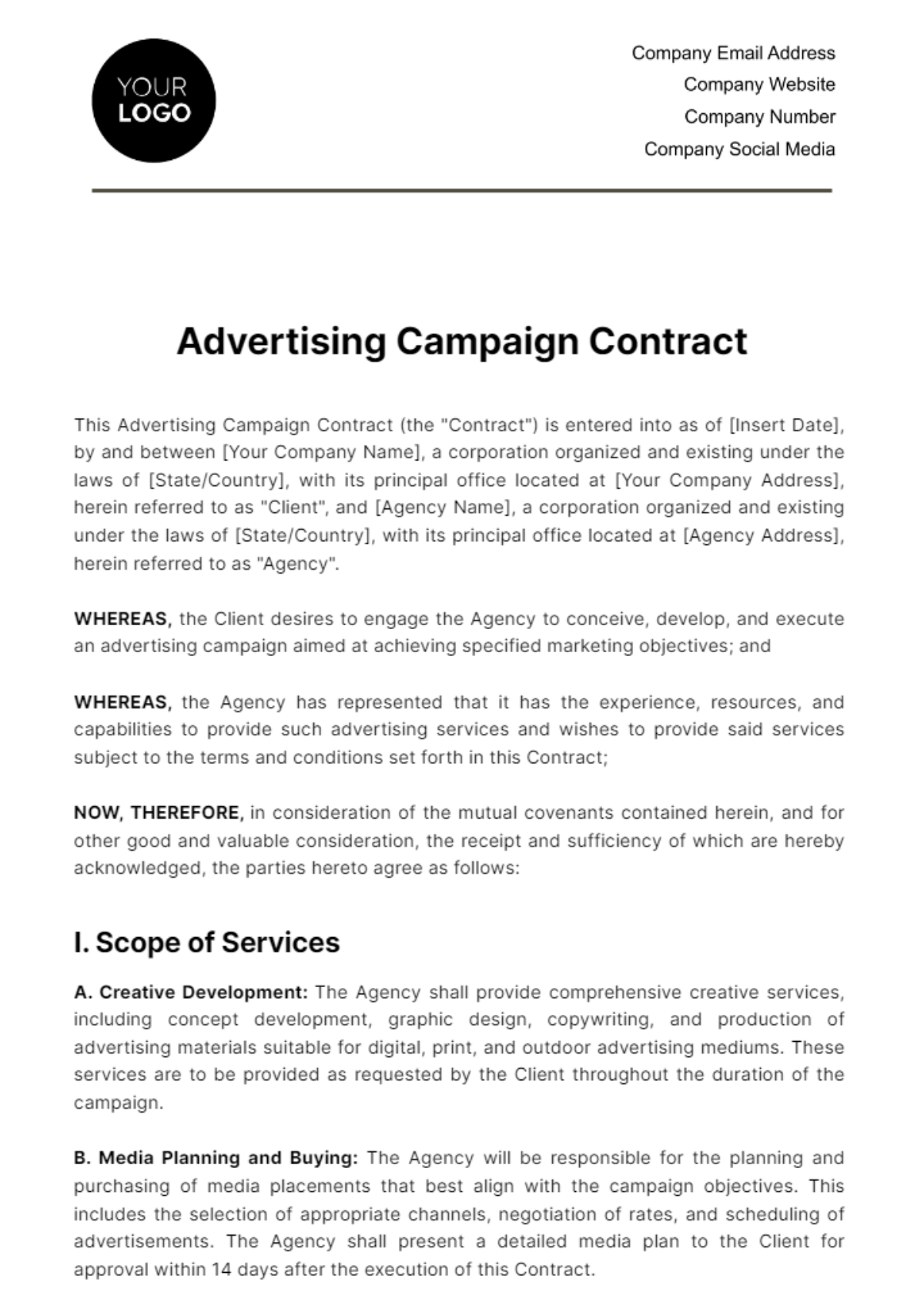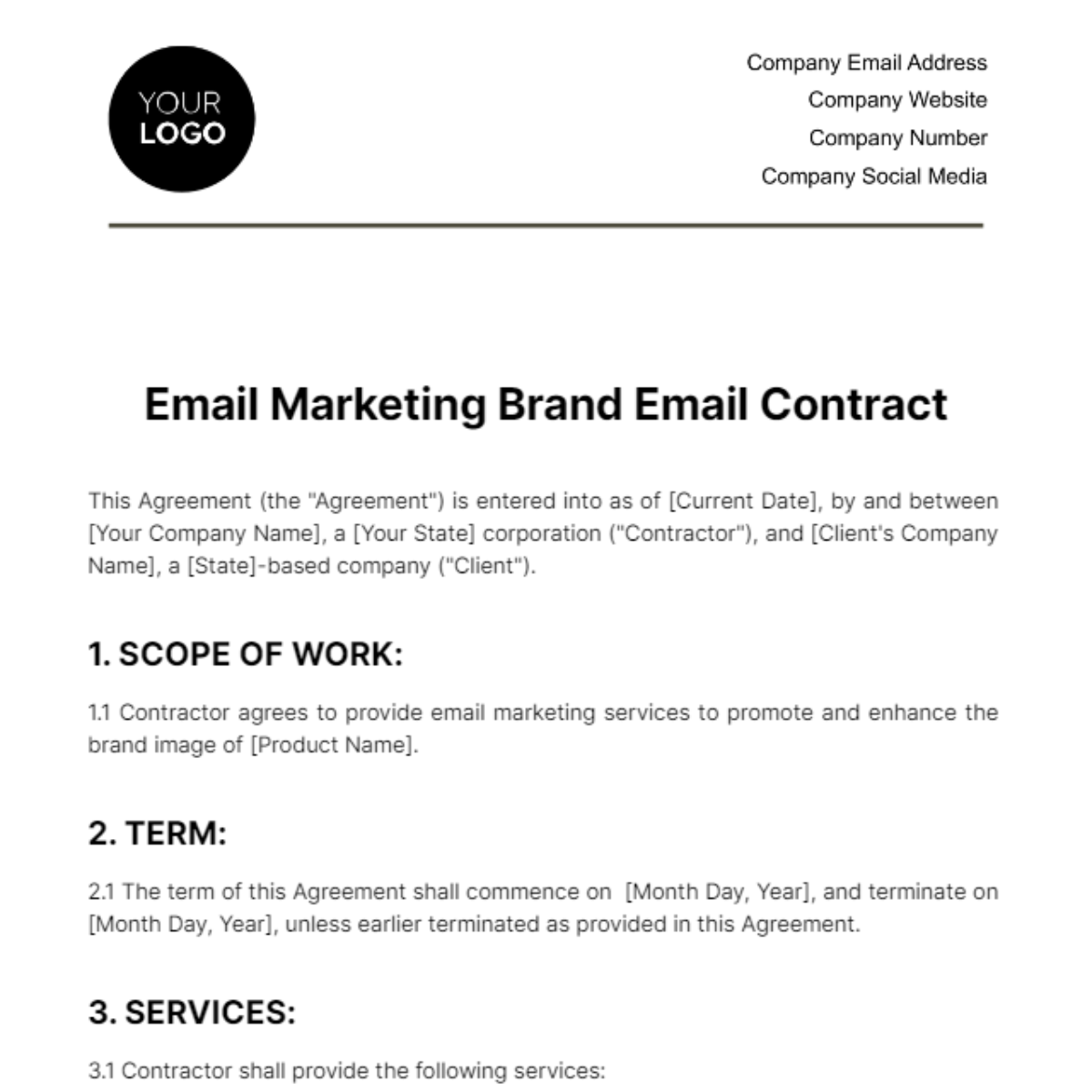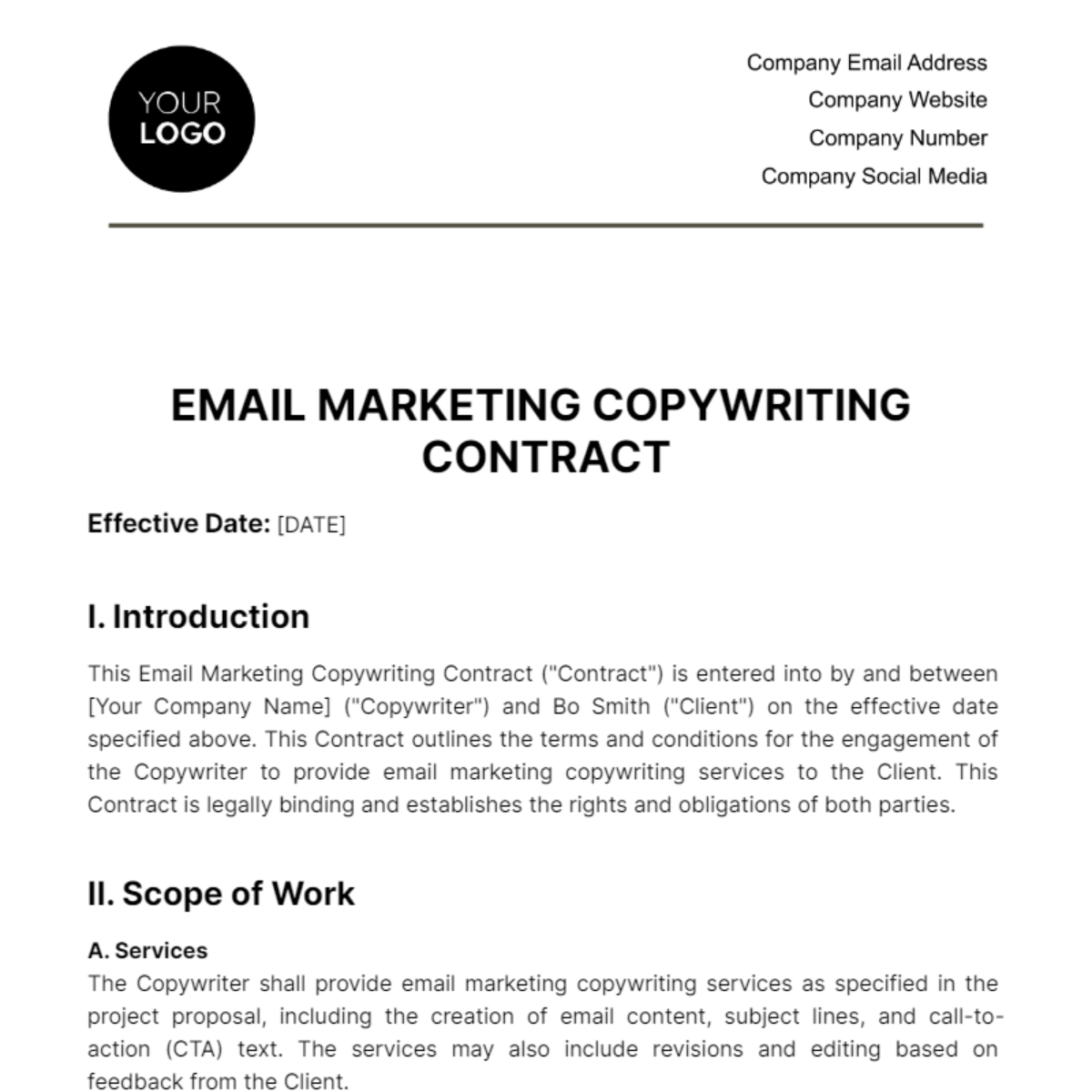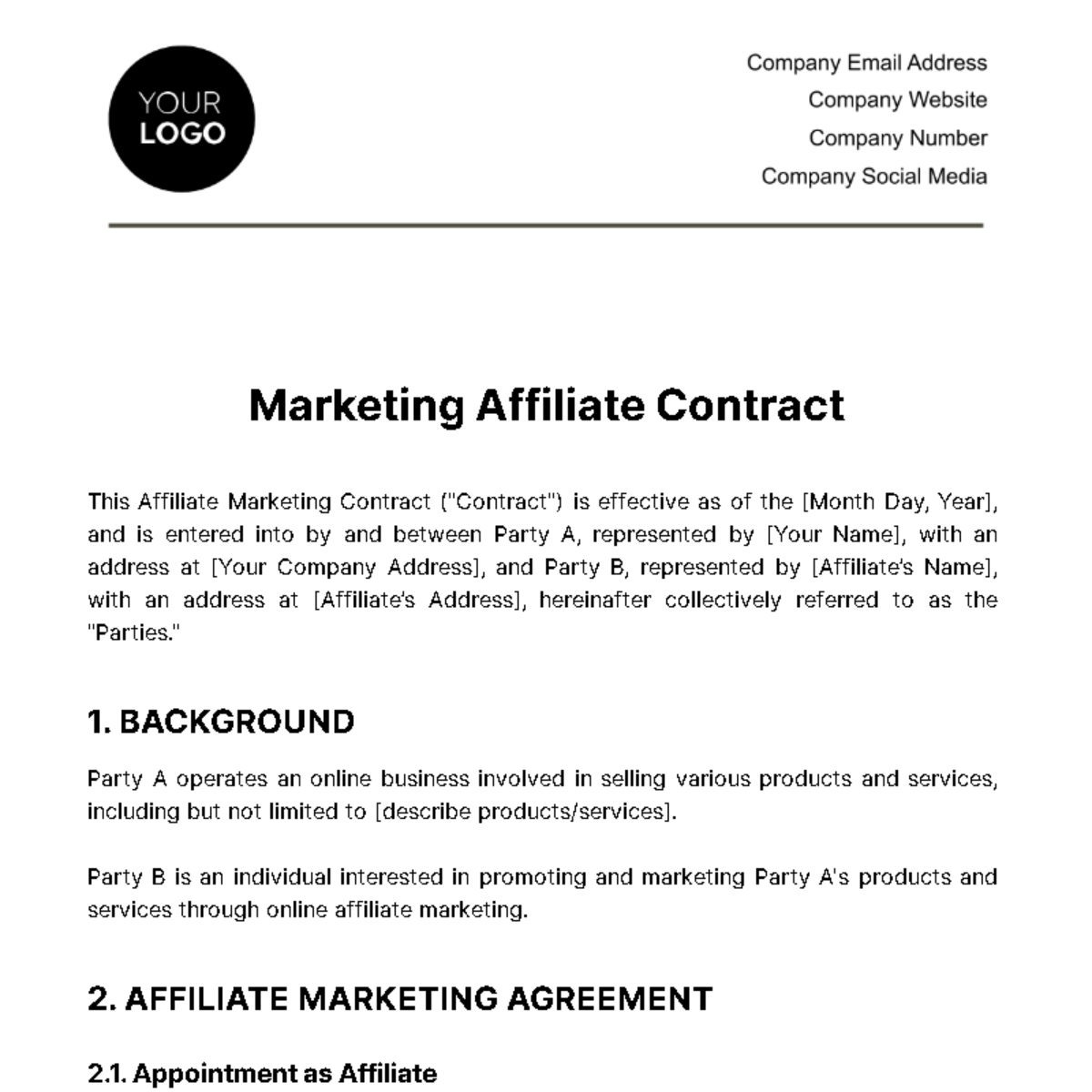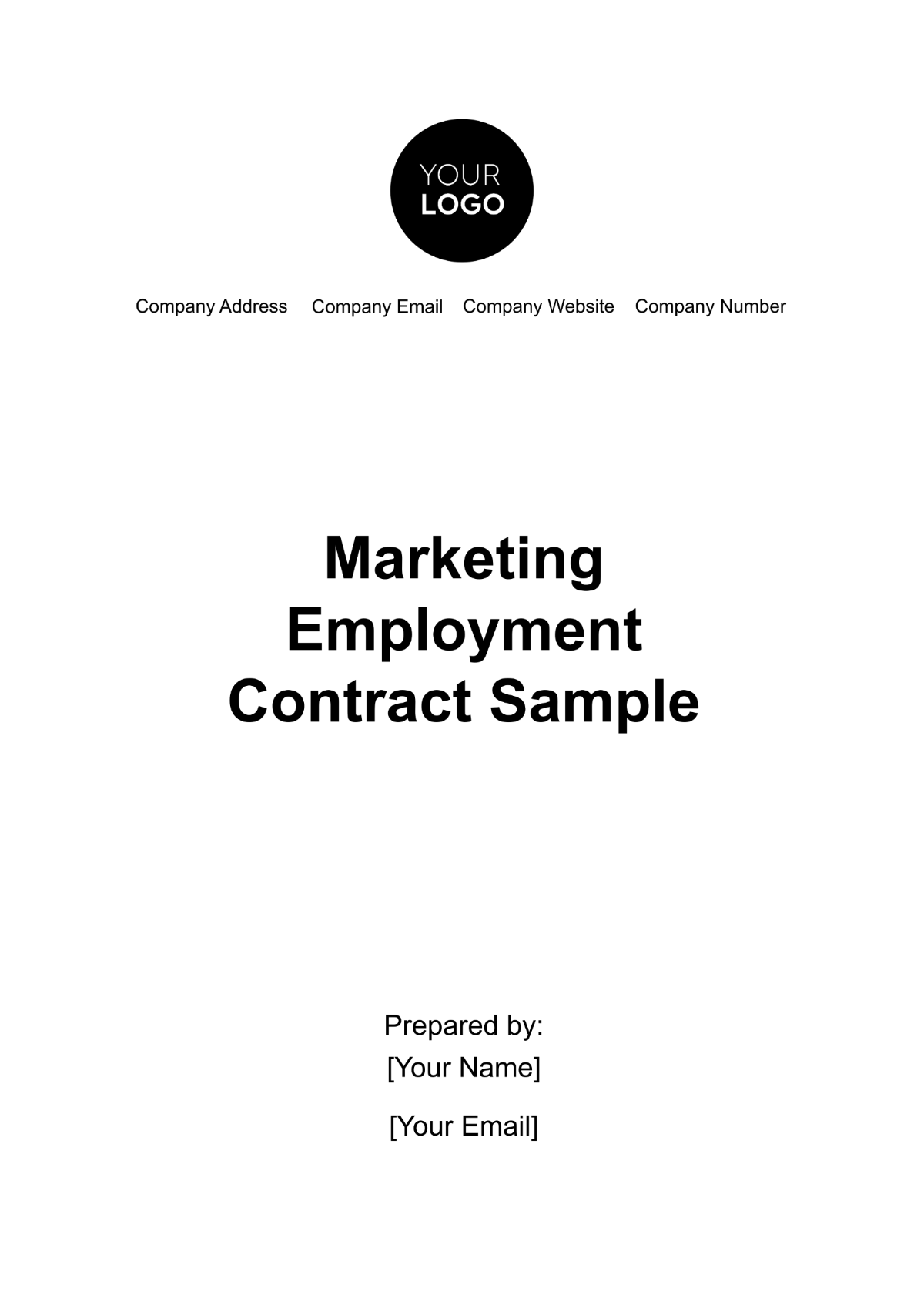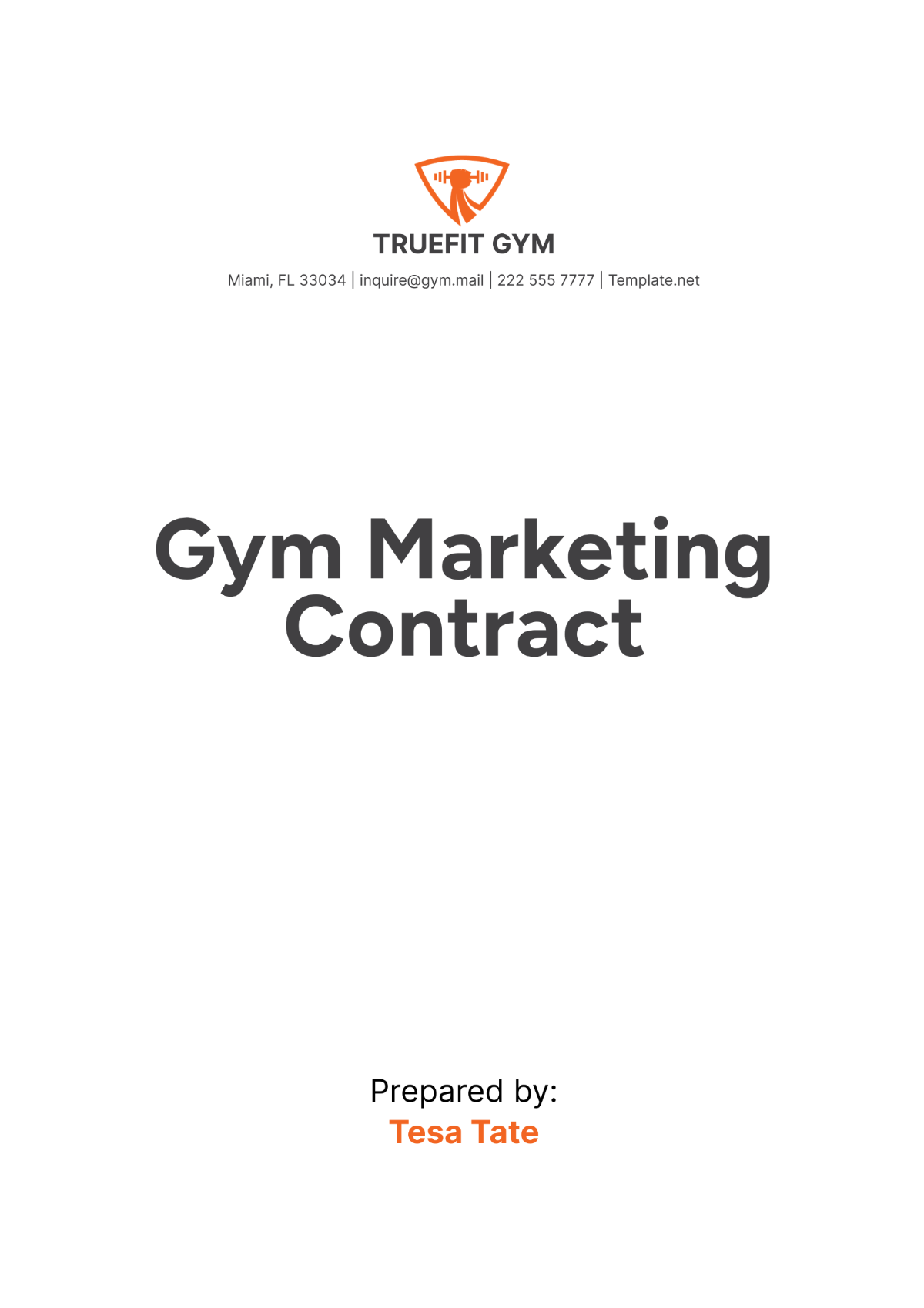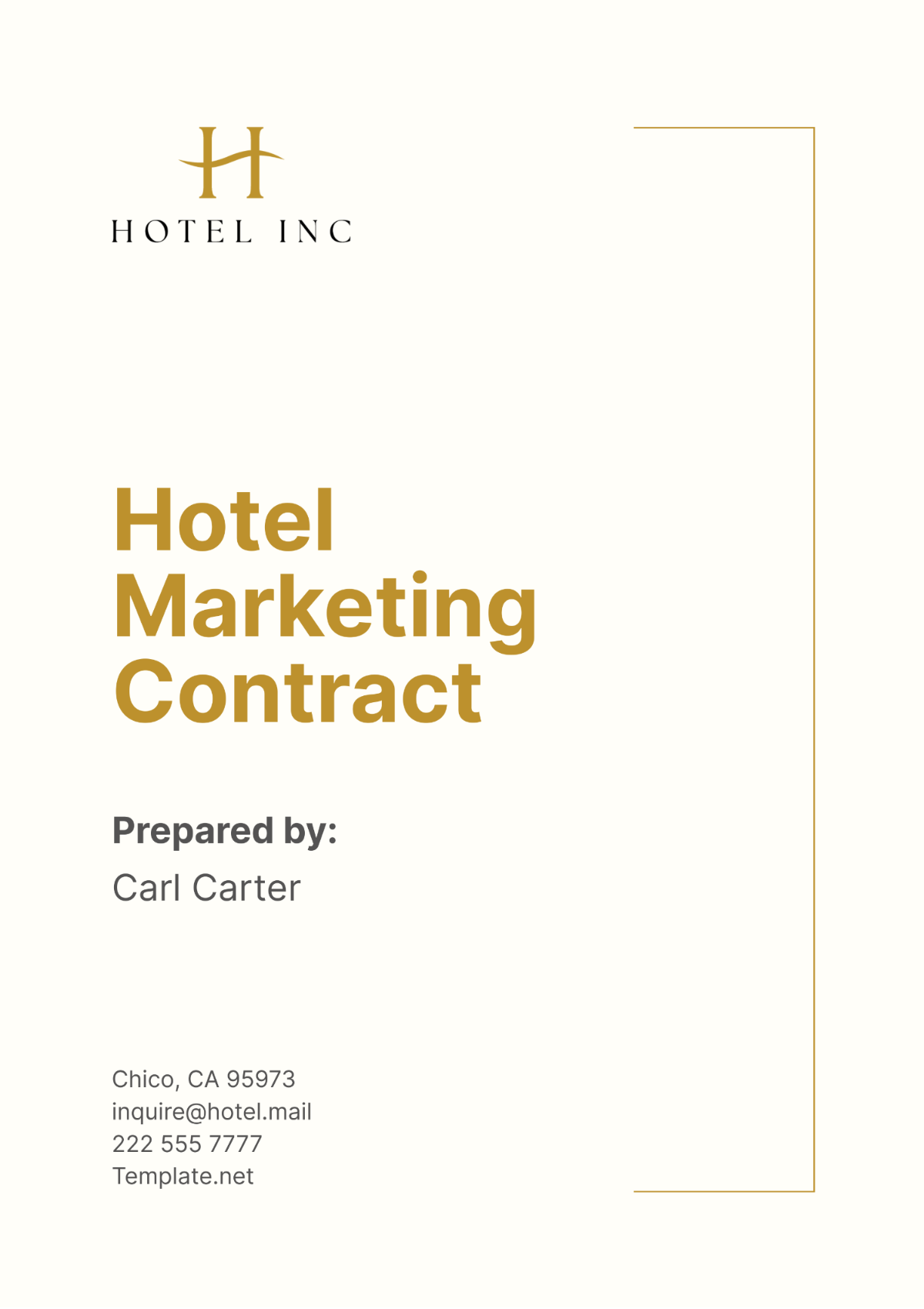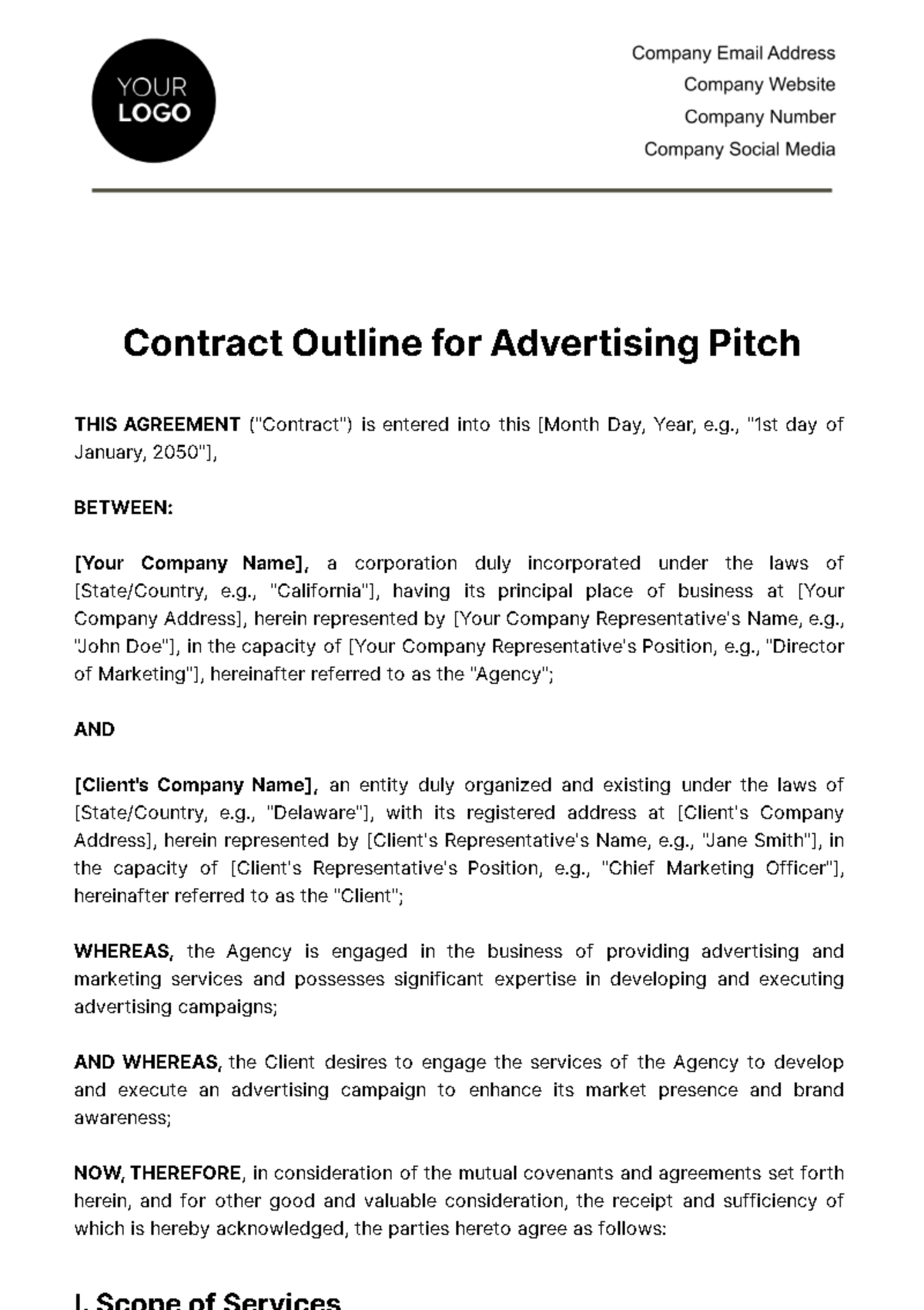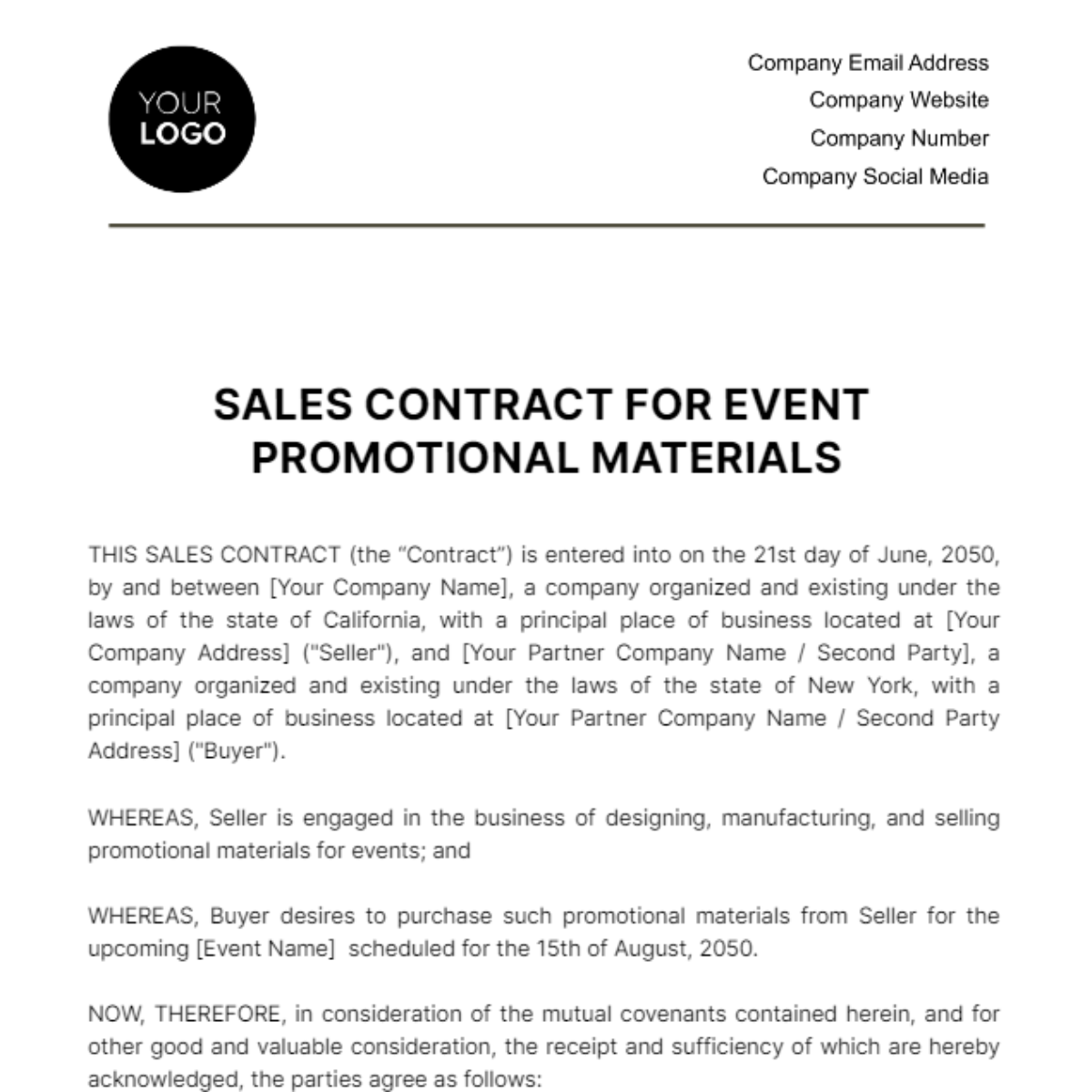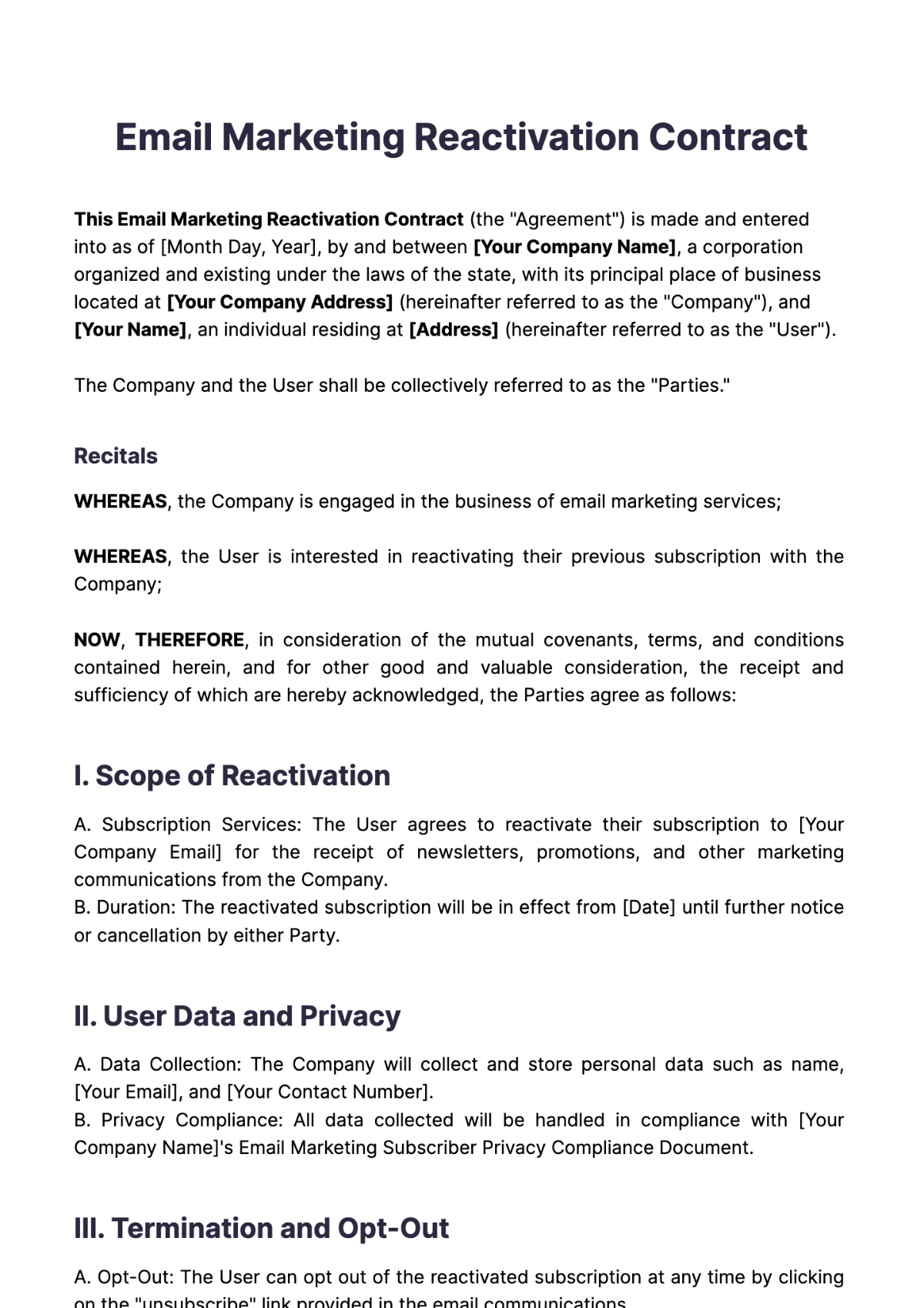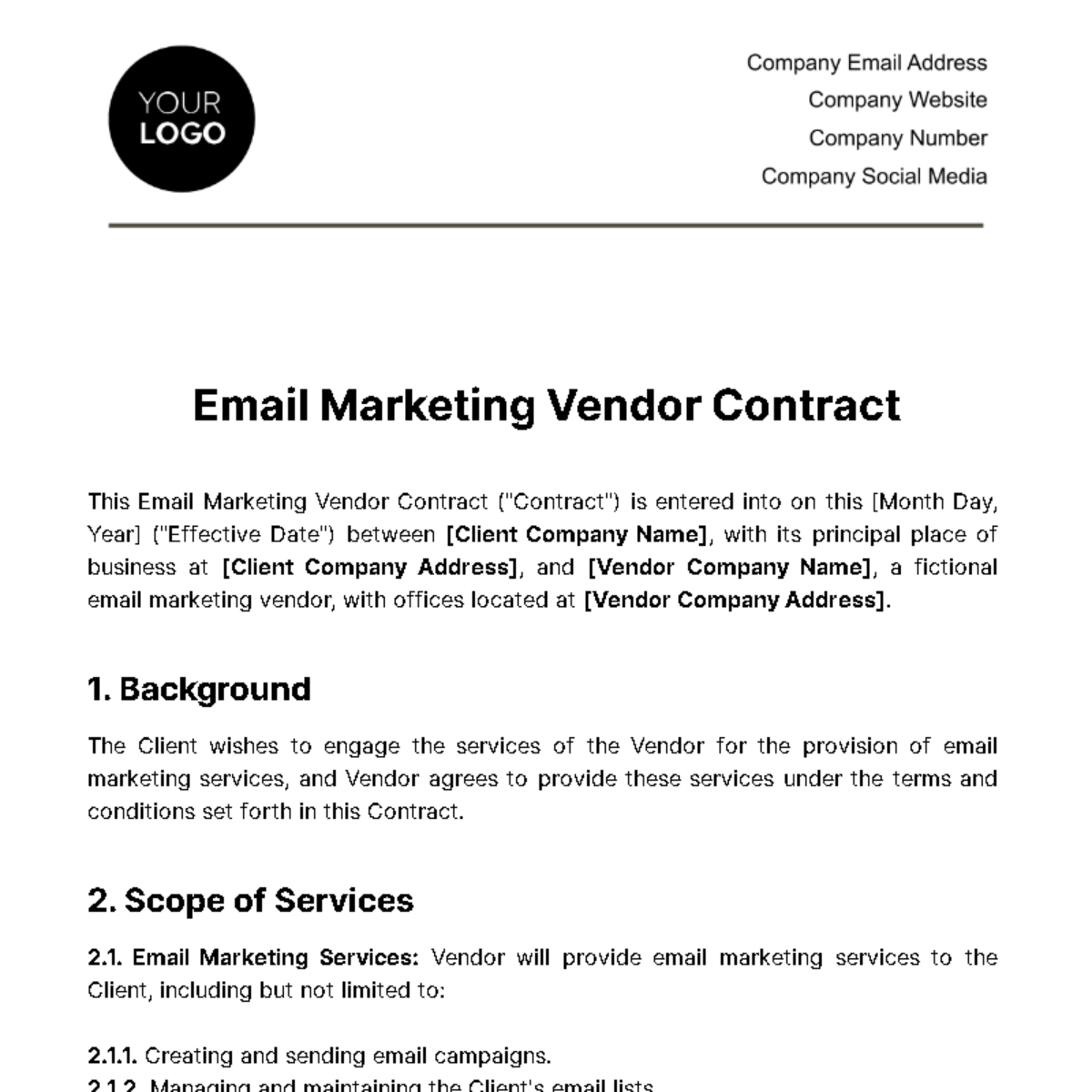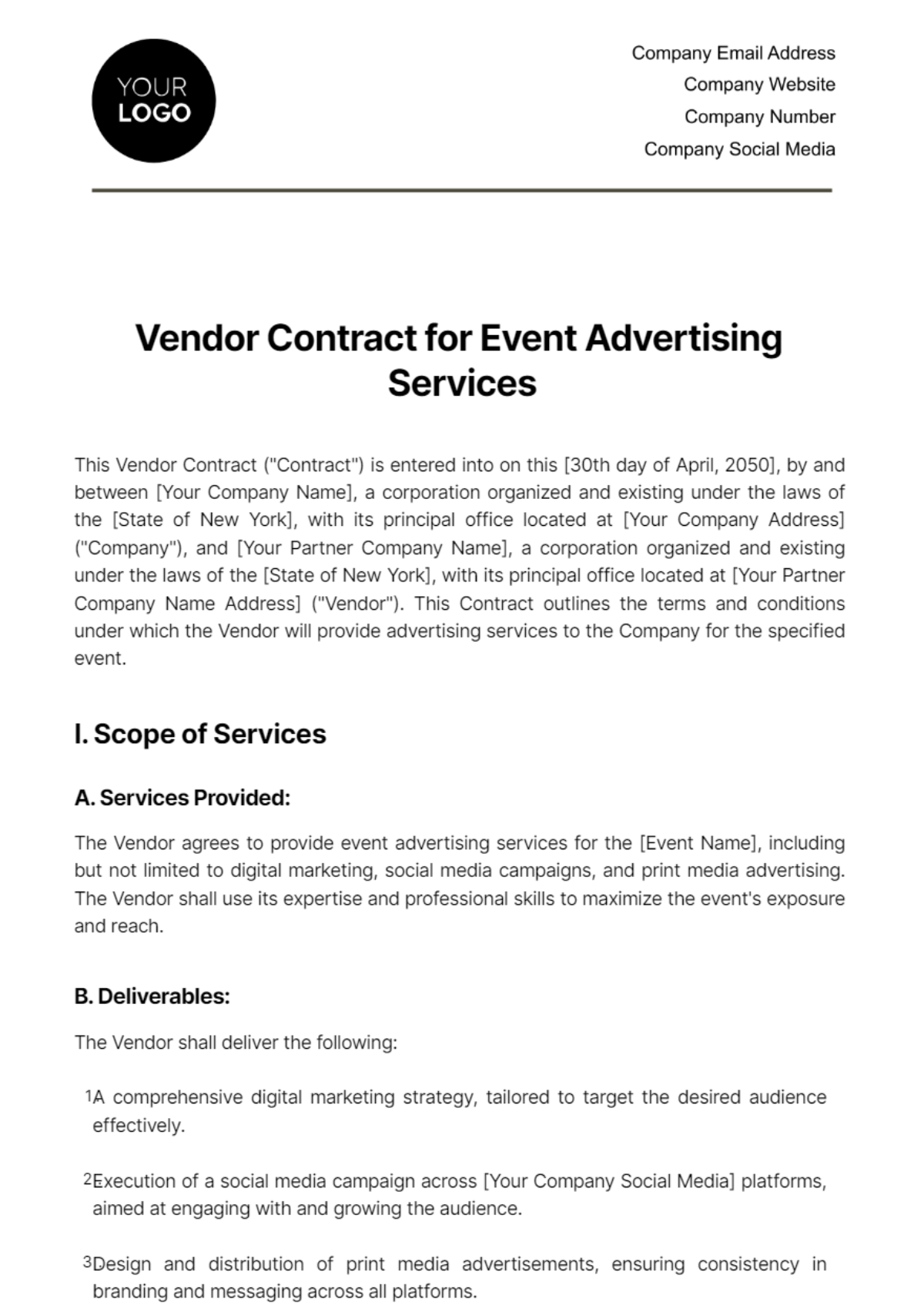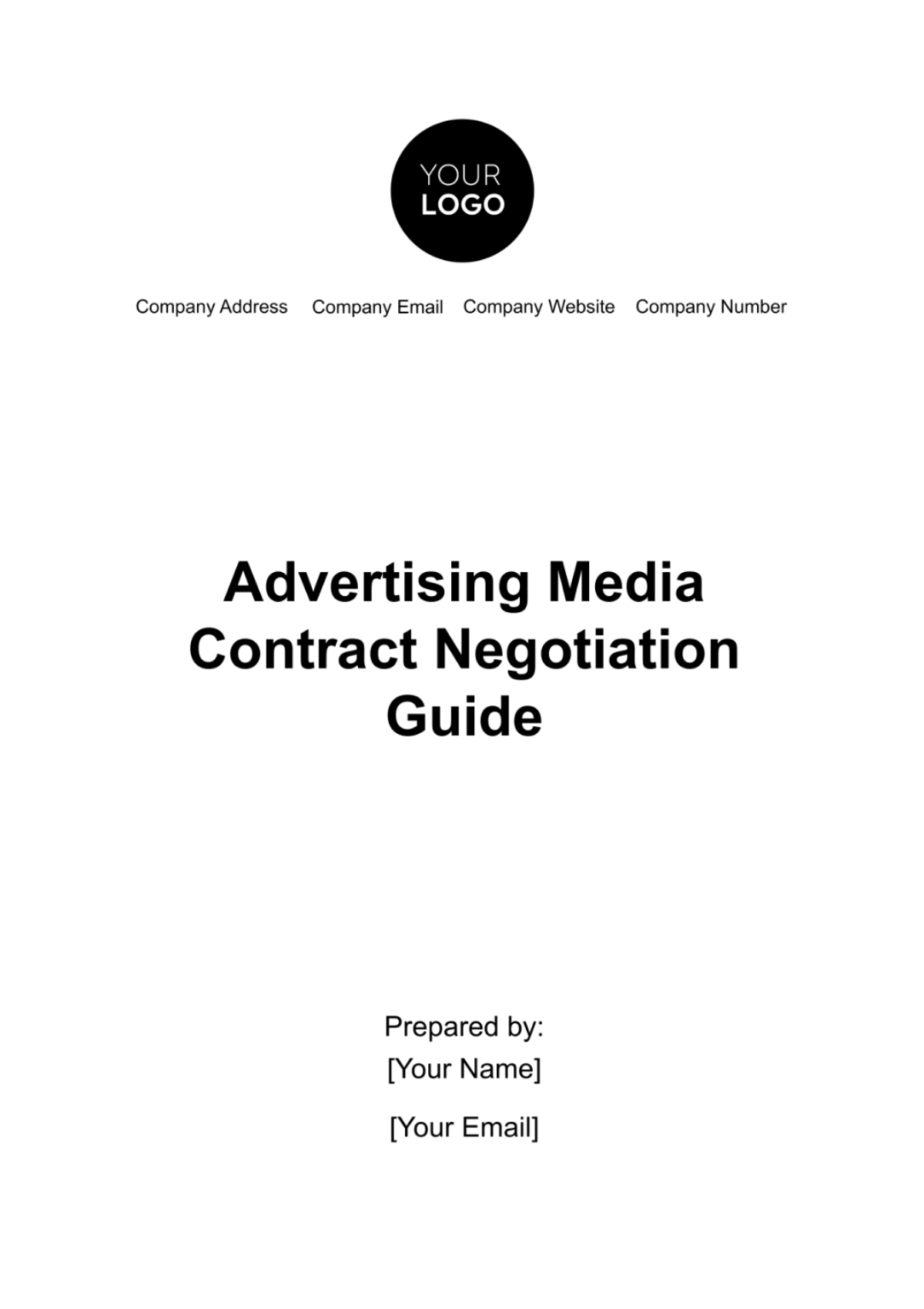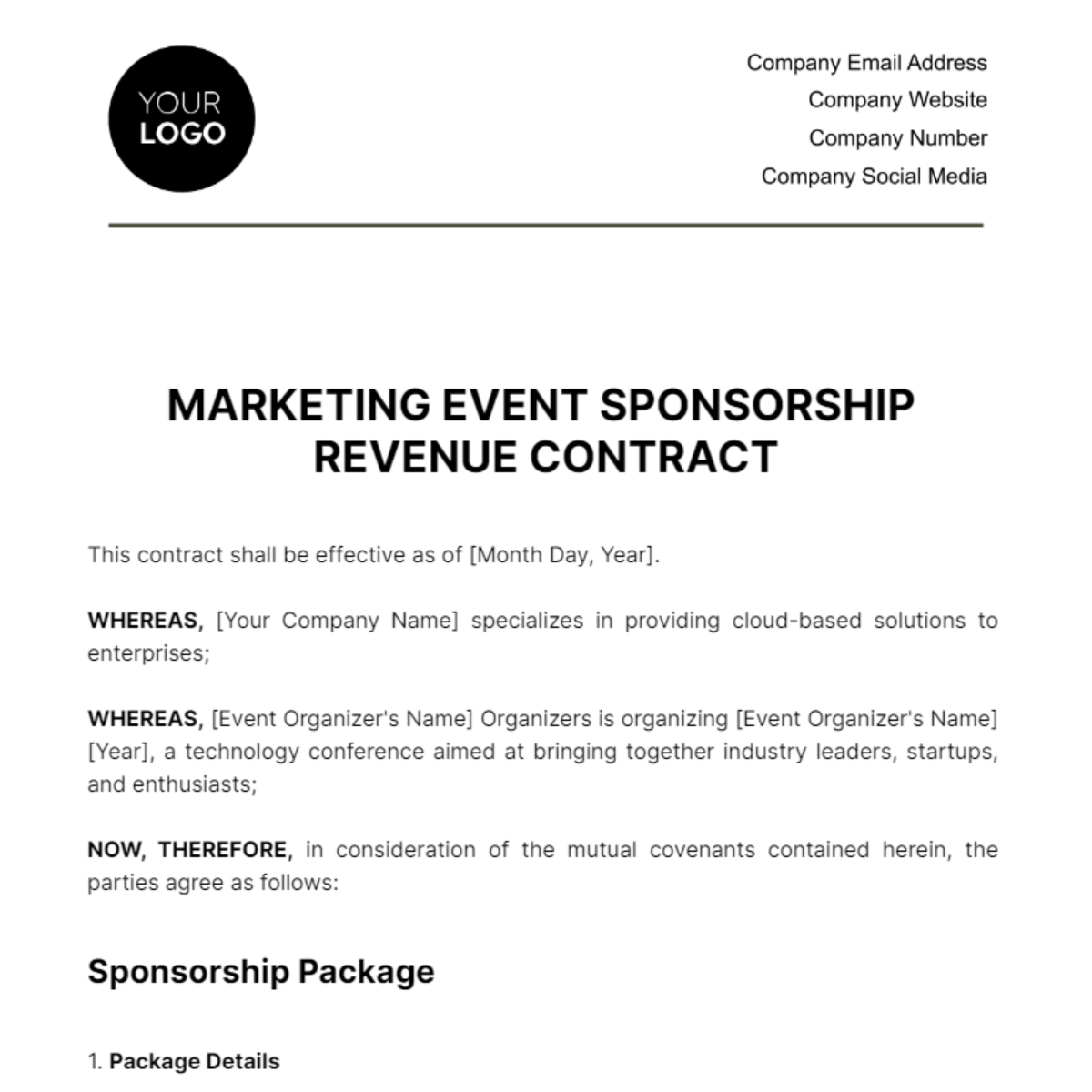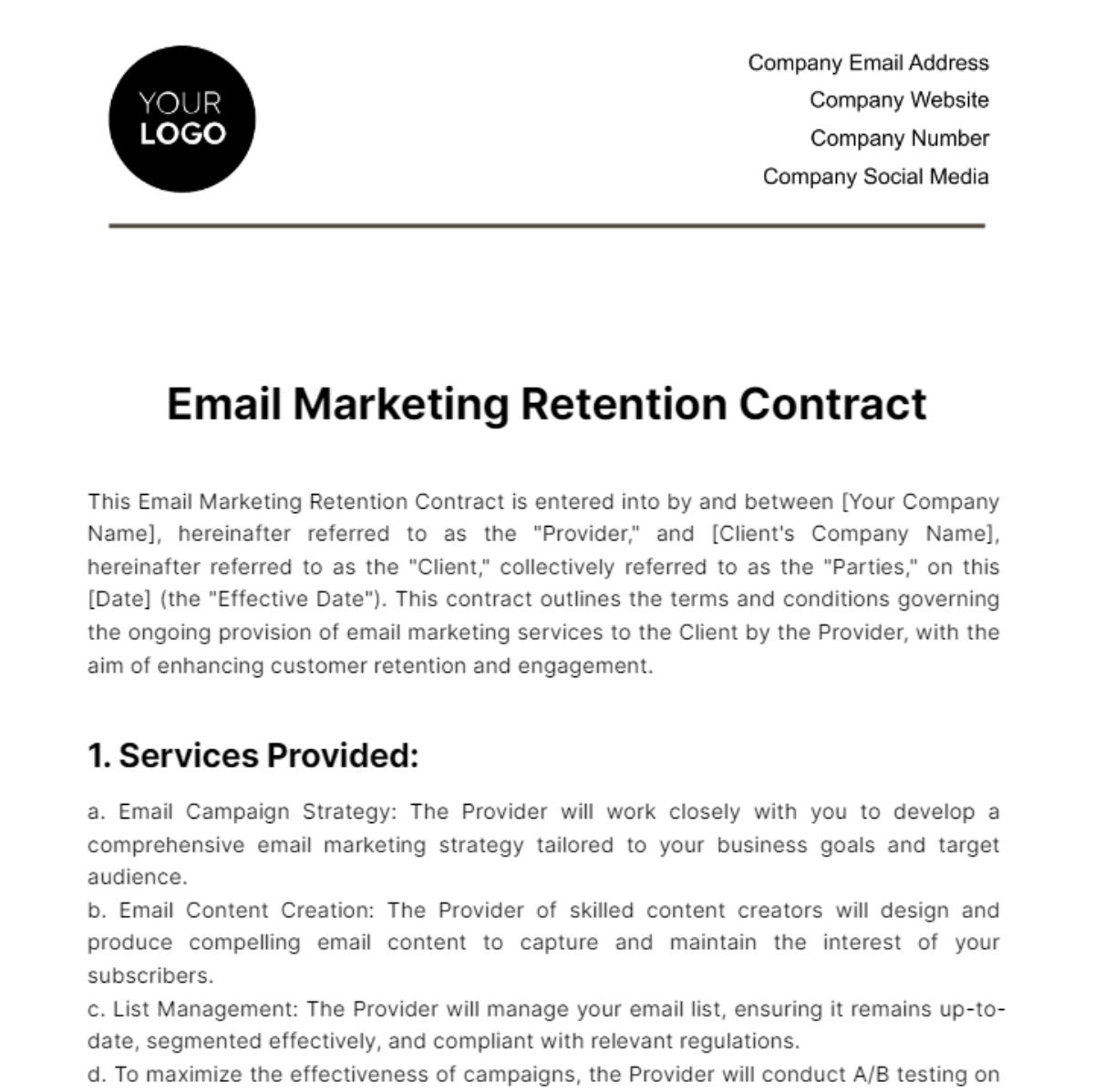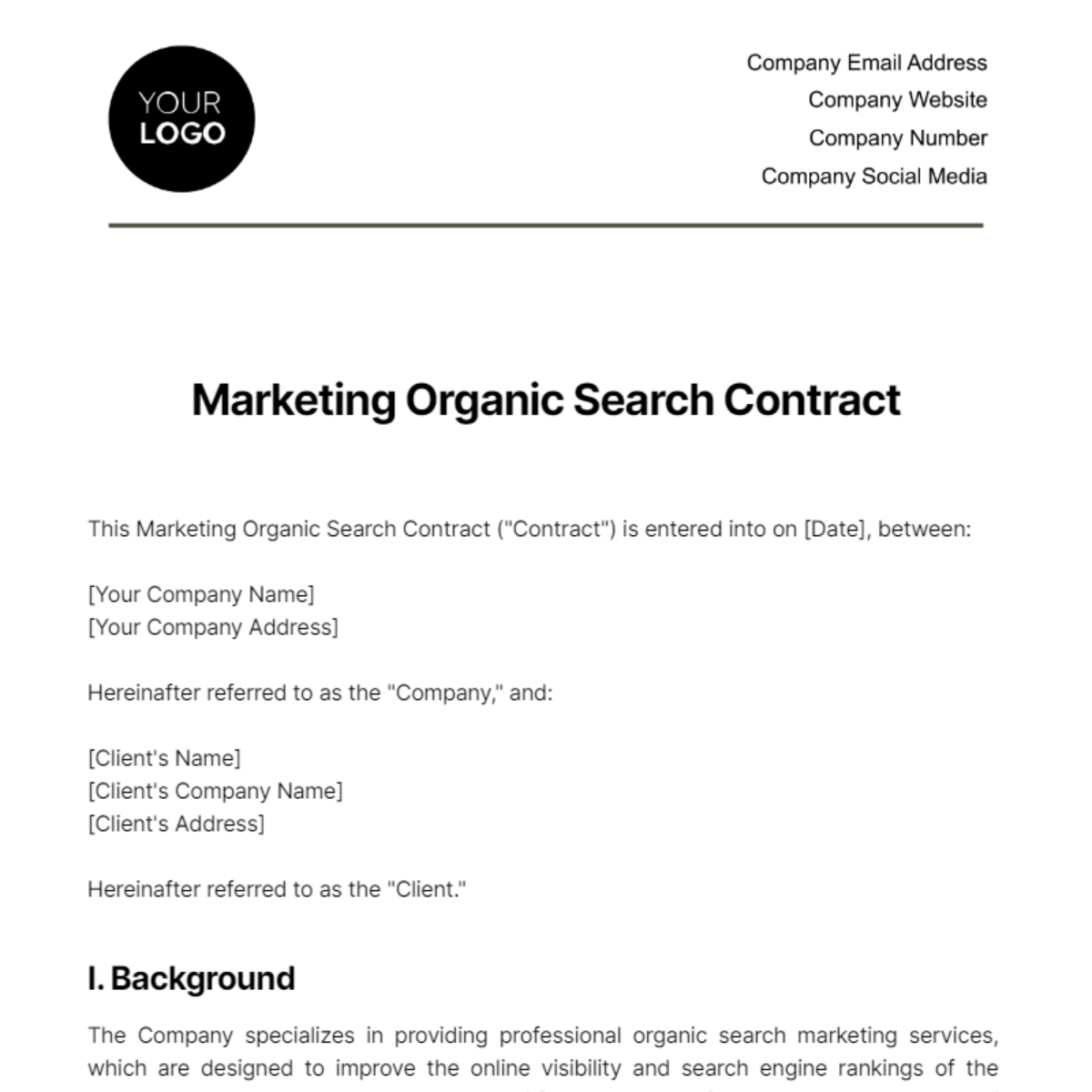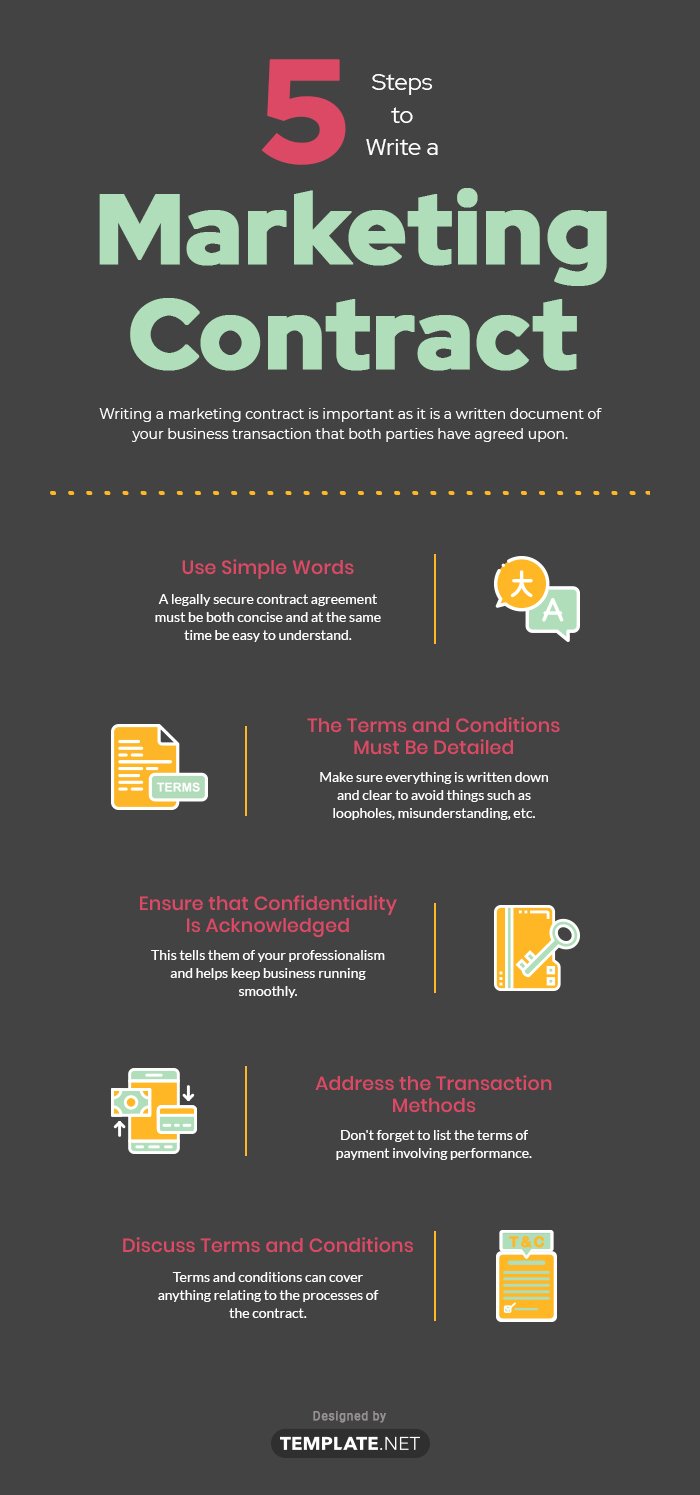Writing a marketing contract is important as it is a written document of your business transaction that both parties have agreed upon. Not only does this make sure that the business runs smoothly, but when a contract is well written and can cover as many situations and procedures both parties may experience and can take, it allows for a smoother flow of the market. So how do you make a good business contract? Here's how you can do it:
1. Use Simple Words
A legally secure contract agreement must be both concise and at the same time be easy to understand. Don't be too fancy with the wording to the point where it just becomes a complicated wall of text. Simple is best when it comes to contracts.
2. The Terms and Conditions Must Be Detailed
Important details may include but are not limited to the full name of both participants (the name found in their birth certificates and Date of Birth), the companies or firms involved, complete addresses, contact numbers, emails, etc. Important details may also include specifications in the document that are too important to just be kept at word-of-mouth level. As much as possible, make sure everything is written down and clear to avoid things such as loopholes, misunderstanding, etc.
3. Ensure that Confidentiality Is Acknowledged
Assure your customers that any information given is kept legally confidential and create a confidentiality agreement. This tells them of your professionalism and helps keep business running smoothly. The client will also know that they can trust you and will less likely cause problems in the future.
4. Address the Transaction Methods
Talking about how transactions should run is important information since it tells both you and the client how much money is involved, process and payment schedules, and consequences of not coming through. Don't forget to list the terms of payment involving performance; an example could look something like "Payment shall only be given when assigned task has been completed according to standards" or anything close to that in cases like freelance marketing contracts or social media and digital marketing contracts.
5. Discuss Terms and Conditions
Terms and conditions can cover anything relating to the processes of the contract. This is important as the items here are what the client and you shall discuss and give consent to. The most common example of a term and condition are the terms of contract termination. They are what you set as consequences of violations beyond second chances. Some grounds for this can be (1) repeated offenses, (2) breach of terms and conditions, or (3) failure to pay rent or service—all depending on how your contract was made and what standards must be met. Other conditions can involve the aforementioned methods of payment and terms for transactional dilemmas or what you discussed to do to try and settles misunderstanding before taking it to court.









